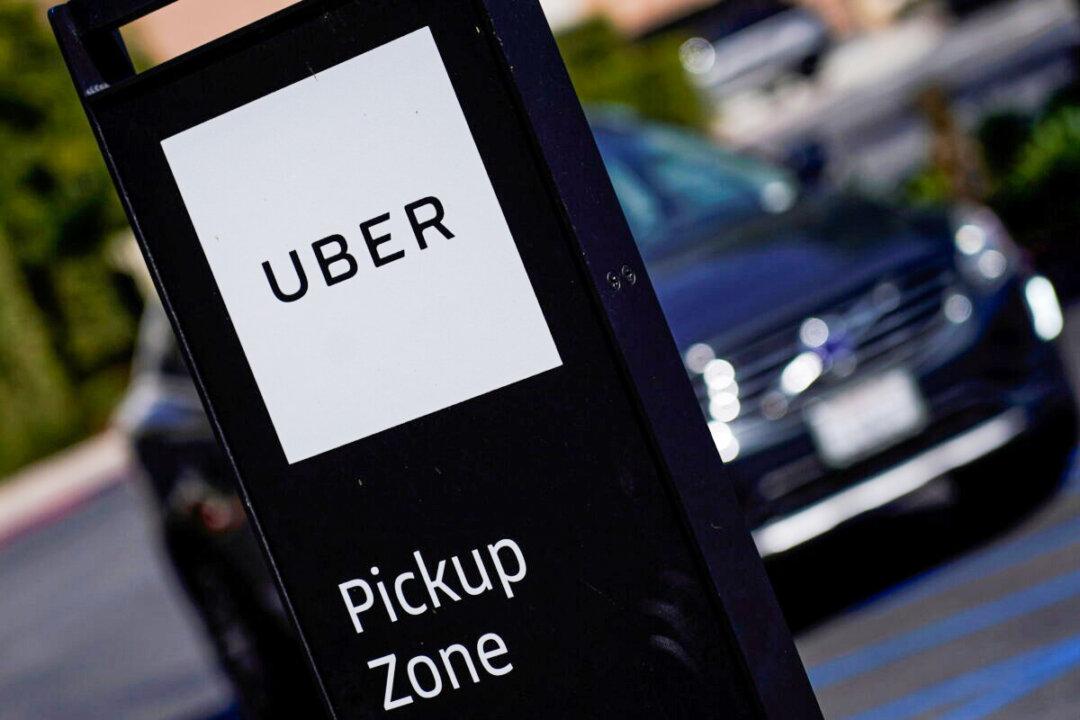The Supreme Court rejected a lawsuit about whether Uber drivers who work principally in a single state can rely on the Federal Arbitration Act (FAA) to opt out of mandatory arbitration agreements they signed.
The drivers said Uber miscategorized them as independent contractors instead of employees. As employees, they would have been entitled to full benefits under federal and state laws. The drivers contended that they were engaged in interstate commerce because they transport passengers to and from an airport.





